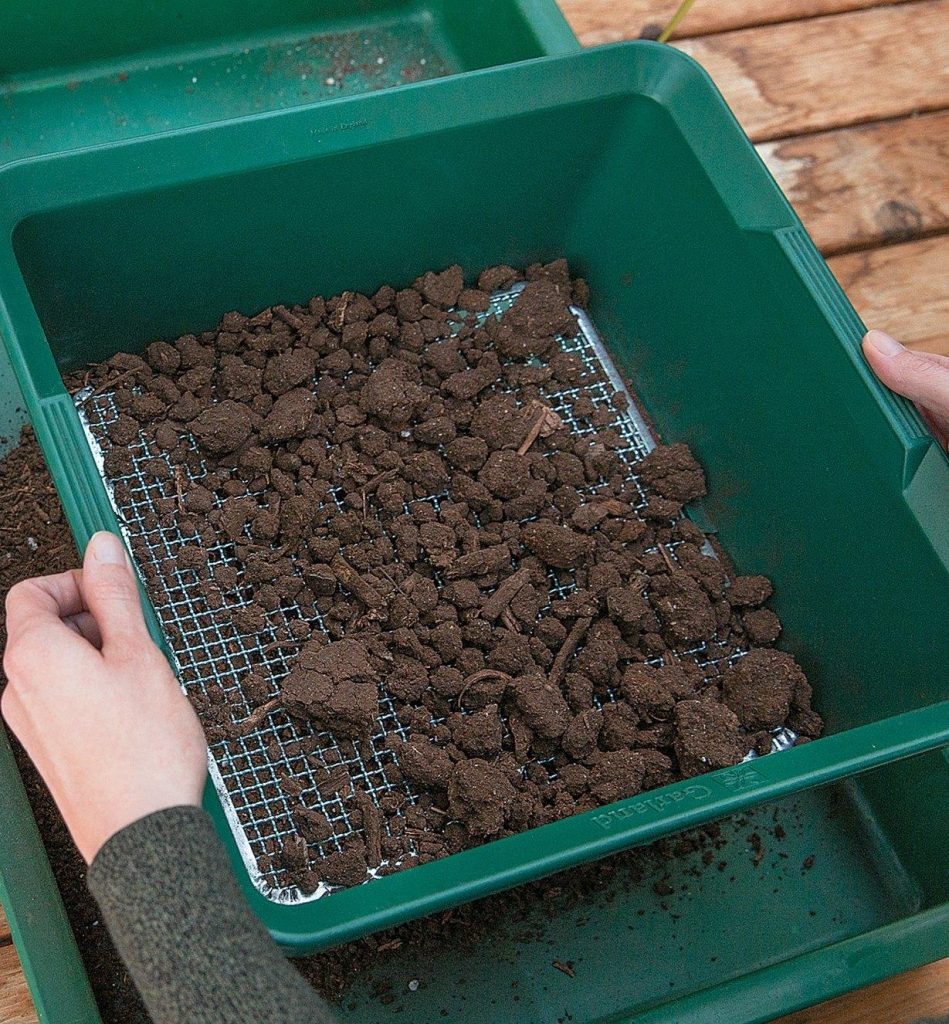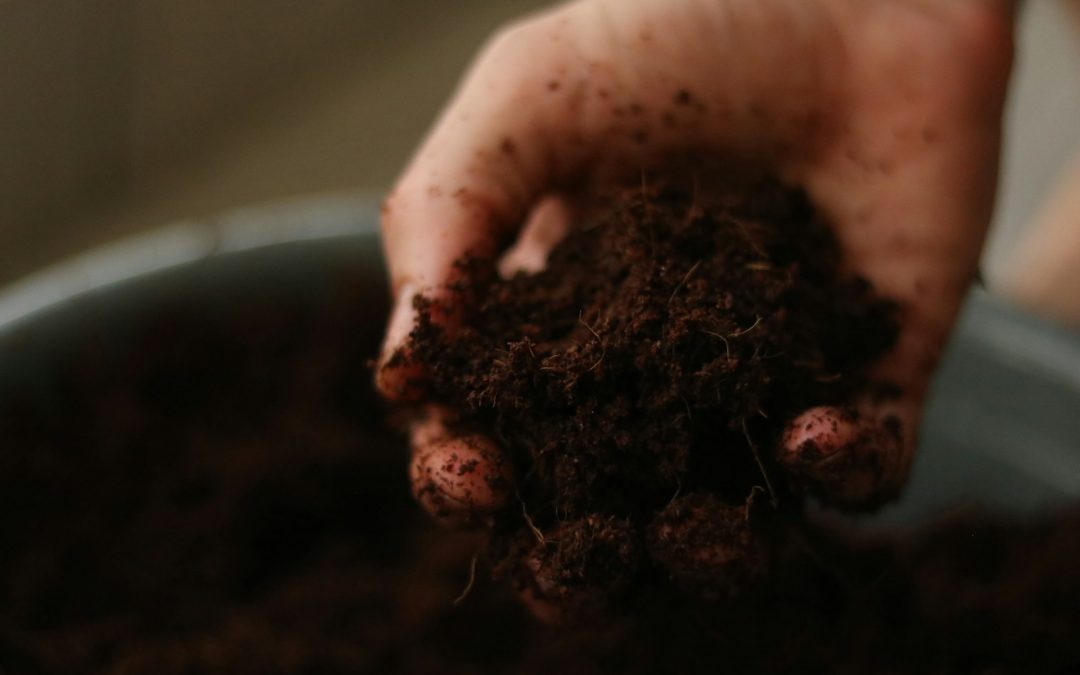You can reuse potting soil indoors, but only if you remove roots, refresh the structure, and reduce the risk of pests/disease. The safest approach is to reuse soil from healthy plants, then “rebuild” it so it drains and feeds properly again.
Quick answer: can you reuse potting soil?
Yes, if the previous plant was healthy
Remove old roots and top debris
Refresh with new compost + aeration material
Avoid reusing soil from root rot, gnats, or disease
Use reused soil for low-risk plants first (not seedlings)
Do this first: Smell and inspect the soil — if it smells sour/musty or has pests, don’t reuse it indoors.
Contents
- 0.1 When it’s safe to reuse potting soil (and when it isn’t)
- 0.2 Step-by-step: how to reuse potting soil safely (indoor-friendly)
- 0.3 Do you need to sterilise reused potting soil?
- 0.4 How to tell reused soil is “done” and should be replaced
- 0.5 Long-tail mini sections (fast answers)
- 0.6 FAQs About Reusing Potting Soil
- 0.7 Final Thoughts on Reusing Potting Soil
- 0.8 Related Articles
- 1 Build a Simple Soil Refresh Routine That Works
When it’s safe to reuse potting soil (and when it isn’t)
Reusing soil works best when it’s coming from a plant that simply outgrew its pot — not a plant that died from problems.
Safe to reuse if:
The plant was generally healthy
You repotted due to size/roots, not disease
The soil smells “earthy”, not sour
Don’t reuse if:
There was root rot
You had fungus gnats or lots of larvae
You saw mould spreading repeatedly
The plant had major pest infestations you couldn’t control
If you’re unsure whether the smell means trouble, Why Indoor Plant Soil Smells Bad (7 Causes + Fast Fixes) helps you decide if the soil is salvageable or best binned.

Step-by-step: how to reuse potting soil safely (indoor-friendly)
1) Remove old roots and dead bits
Tip the soil onto newspaper or a tray.
Pull out thick roots
Remove old stems, leaves, and any mushy bits
Break up big clumps
If you find a lot of white fuzzy mould or larvae, stop here — that soil is a poor candidate for indoor reuse.
2) Dry it out slightly (if it’s damp)
Slightly dry soil is easier to sift and refresh. Spread it thin for a day or two (out of reach of pets/kids).

3) Sift if you want it finer
Optional, but helpful for indoor mixes.
Use a simple garden sieve or even a colander
Remove bark chunks that have broken down to mush
4) Refresh structure: add air back in
Old potting soil collapses over time. Indoors, that leads to slow drying and soggy roots.
A good “refresh” ratio:
2 parts reused soil
1 part fresh potting compost
plus aeration (see below)
A simple option is mixing in horticultural perlite for houseplants to lighten the mix and improve drainage.
If your indoor pots keep staying wet for too long, Improve Indoor Plant Drainage is worth reading alongside this.
5) Refresh nutrients (lightly)
Reused soil often has:
depleted nutrients, or
uneven salt build-up from past feeding
Instead of heavy feeding, start gently with a balanced approach once the plant is growing well.
If you want a simple explanation of indoor feeding (without overdoing it), Liquid Fertilizer makes it clearer.
6) Use it on “low-risk” plants first
For indoor reuse, start with plants that tolerate variation:
pothos, spider plants, tradescantia
hardy herbs
non-fussy foliage plants
Avoid using reused soil for:
seedlings/cuttings
orchids (they need fresh airy media)
plants recovering from disease
Do you need to sterilise reused potting soil?
For indoor use, sterilising is optional — and often more hassle than it’s worth.
Sterilise only if you suspect disease or pests but still want to save the soil.
Don’t sterilise if the soil was healthy — it can wipe out beneficial microbes too.
If you’ve had repeated fungal issues in that pot, it’s smarter to start fresh and fix the conditions (airflow + watering), not just “bake the soil”. Fungal Treatment for Indoor Plants can help you stop the cycle.
How to tell reused soil is “done” and should be replaced
Even refreshed soil has a limit. Bin it if:
it compacts quickly after watering
it stays wet for days even in warm light
it smells sour/musty soon after watering
you keep getting pests in it
A soil moisture meter can help you spot slow-drying pots early — Soil Moisture Meter Guide explains how to read it properly (and avoid false “wet” readings).
Long-tail mini sections (fast answers)
Can you reuse potting soil after root rot?
I wouldn’t for indoor plants. Root rot pathogens and gnats can linger. It’s safer to bin it and start fresh.
Can you reuse potting soil after fungus gnats?
Only if you fully dry it out, remove the worst top layer, and fix your watering habits — but indoors it’s often not worth the risk.
If gnats are a repeating issue for you, Fungus Gnats helps you break the cycle properly.
Can you reuse potting soil for herbs?
Yes — if it’s refreshed and drains well. Herbs hate soggy compost indoors, so structure matters.
For indoor containers, it helps to think “thorough watering, then allow some drying” rather than constant damp compost — the RHS container gardening maintenance advice reinforces this kind of watering rhythm for healthier roots.
FAQs About Reusing Potting Soil
Can I reuse potting soil straight from an old pot?
Not ideally. Remove roots and refresh it first — old soil is usually compacted and low in nutrients.
How many times can you reuse potting soil?
A few times, as long as you refresh structure and nutrients and you aren’t recycling problems (rot, gnats, disease).
What’s the easiest way to refresh reused soil?
Mix it with fresh compost and add aeration material like perlite.
Is reused soil okay for houseplants?
Yes, if the previous plant was healthy and the soil has been refreshed.
Final Thoughts on Reusing Potting Soil
You can reuse potting soil indoors safely — just don’t reuse problems. Start with soil from healthy plants, remove roots, refresh structure, and keep the mix airy so it dries at a sensible pace. When in doubt (especially after rot or gnats), fresh compost is usually the cheaper option than losing another plant.
Related Articles
Make repotting cleaner and less stressful
Build a Simple Soil Refresh Routine That Works
Reusing potting soil is easiest when you have a repeatable method: clean it, lighten it, and rebuild drainage before you repot. A simple routine helps you avoid soggy pots, pests, and guesswork.

